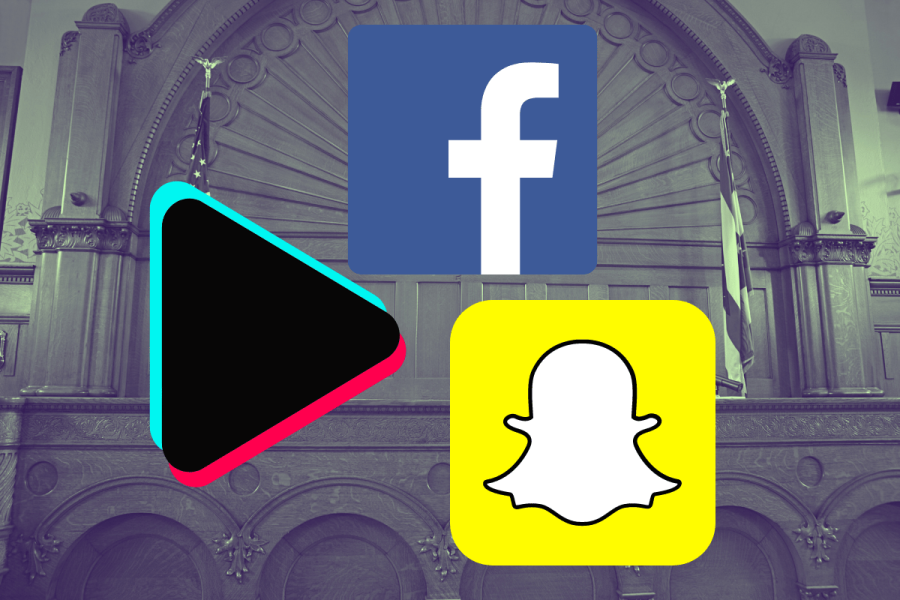A new study that looks into the influence of artificial intelligence in the workplace has shown negative results, indicating a decline in quality of life while the use of AI rises.
The U.K.-based Institute for the Future of Work (IFOW) has looked into the link between worker wellbeing and technology exposure, with almost 5,000 people who are representative of the working population being analyzed.
Results have shown that “quality of life negatively correlated with frequency of interaction with newer workplace technologies such as wearables, robotics, AI and ML software.”
The team goes on to say in their published report that “this is consistent with research that connects such technologies to exacerbated feelings of disempowerment, increased sense of insecurity, task intensification and stress and loss of meaning, as well as anxiety and poorer overall health.”
Not all technologies have a negative impact though, with some actually helping with employee wellbeing.
“Results showed that digital information and communication technologies correlated with improved quality of life, whereas newer and more advanced technologies were correlated with reduced wellbeing.”
So computers and messaging tools have been proven within this research to bring more freedom and flexibility to workers, but the use of smart devices or AI isn’t as well received.
Use of AI in the workplace
One of the main focuses of businesses appears to be around the productivity of their employees, with the use of artificial intelligence being implemented to handle repetitive tasks or speed up processes.
Some are even opting to replace workers with AI completely, including the likes of tech giant IBM. Back in 2023, the CEO publicly announced plans to replace nearly 8,000 jobs with technology.
At the time, he noted that back-office functions, specifically in the human resources sector, would be the first to face these changes.









